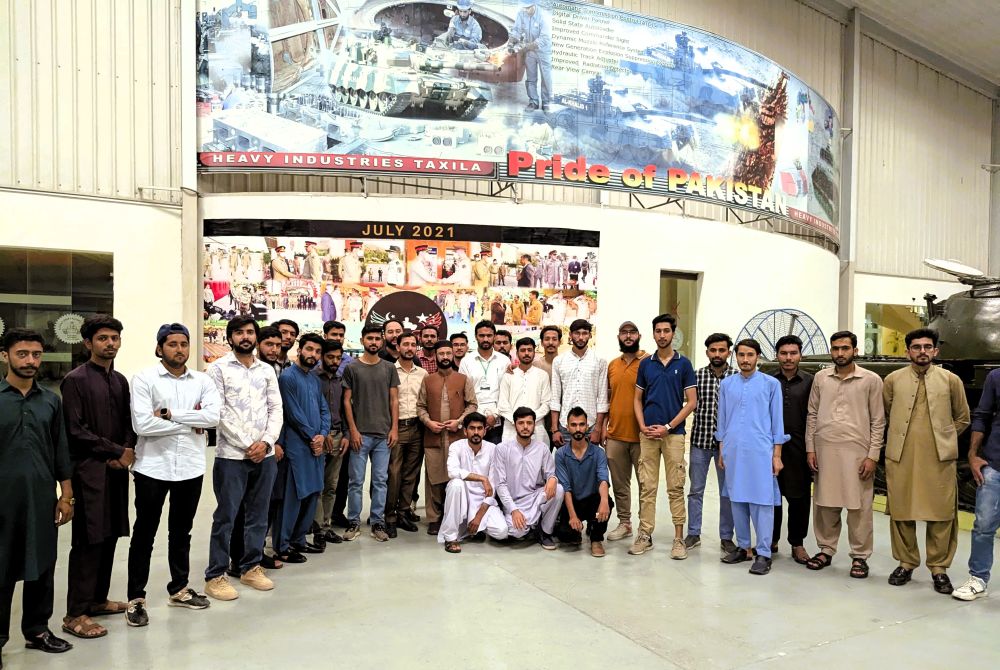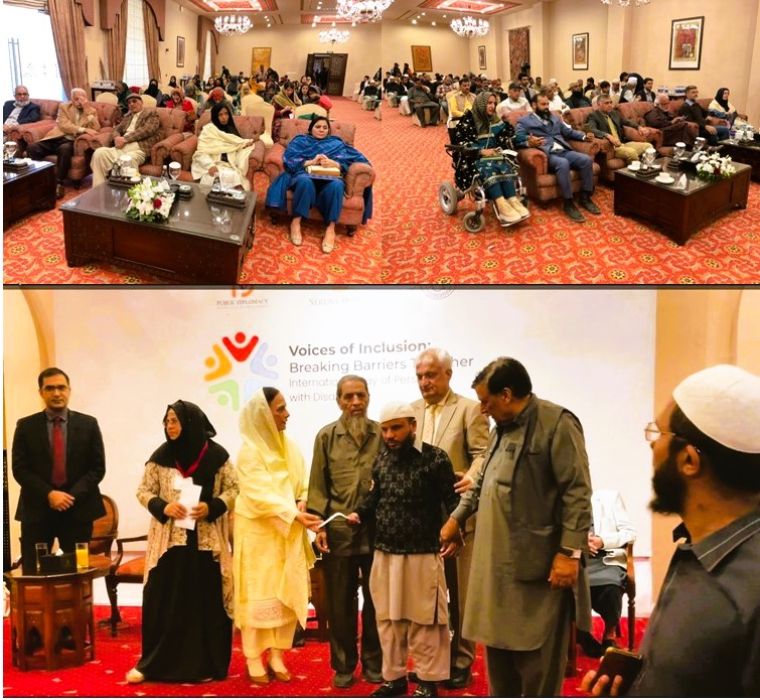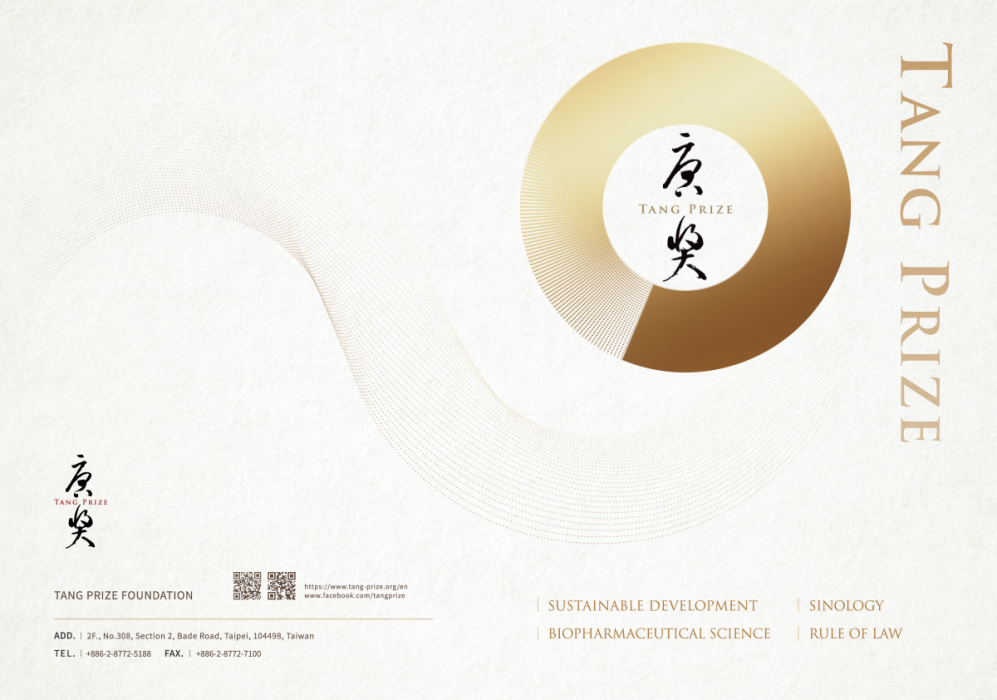Bridging Innovation and Learning in TVET (BILT): A Global Commitment to Educational Advancement
Posted 1 year ago
Photograph - With courtesy of Prof. YANG Wenming presentation
Editorial By - Prof. Dr. Muhammad Mukhtar
The Bridging Innovation and Learning in TVET (BILT) project is a platform for policymakers, educators, and governments to define the priorities of Technical and Vocational Education and Training (TVET), followed by planning and implementing the best strategies for the changing world realities of collaboration and progress. The overall initiative has been conceived and developed through a partnership between UNESCO-UNEVOC, the German Federal Institute for Vocational Education and Training (BIBB), and the German Federal Ministry for Education and Research (BMBF). The BILT represents a concerted effort to reshape Technical and Vocational Education and Training (TVET) globally.
The BILT project is a vital global knowledge bridge, uniting stakeholders across Europe, Africa, and the Asia-Pacific region. Its mission is to address the pressing challenges facing TVET systems amidst technological shifts, social transformations, environmental imperatives, and evolving workplace dynamics. By fostering peer learning and knowledge exchange among TVET institutions across continents, BILT ensures that innovative practices and invaluable lessons are shared and implemented.
Central to the BILT Agenda 2025 is promoting modern and competitive qualifications and competencies in TVET through international collaboration in innovation and learning. This aligns with the United Nations' 2030 Agenda for Sustainable Development and underscores the project's commitment to achieving Goals 4 and 17, focusing on quality education and global partnerships, respectively.
Through bridging events, BILT facilitates robust policy discussions and networking opportunities among TVET stakeholders. These events serve as pivotal platforms where experts and practitioners converge to explore emerging trends, share innovative solutions, and forge partnerships that transcend borders and disciplines.
Moreover, BILT champions the dissemination of cutting-edge knowledge on digitalization, greening initiatives, entrepreneurship, and the integration of migrants within TVET curricula. By equipping institutions with the tools to integrate these themes effectively, the project empowers TVET providers to remain agile and responsive in preparing learners for future workforce demands.
The main focus of BILT's strategy lies in its commitment to capacity building. Recognizing the imperative for TVET providers to evolve continuously, the project introduces a Self-Reflection Tool designed to enhance institutional readiness across three critical dimensions: Identification, Integration, and Implementation (the Three I's). This tool empowers educators and administrators to assess their preparedness to identify new qualifications, integrate them into flexible curricula, and implement innovative training approaches. Drawing on insights from UNESCO-UNEVOC's comprehensive research, the tool identifies institutional strengths and provides actionable recommendations to foster continuous improvement.
The BILT project sets a new standard for global educational leadership by bridging continents, harnessing collective wisdom, and embracing transformative practices. Its important features focus on innovation, knowledge exchange, and capacity building, and it paves the way for a future where every learner can thrive in a dynamic global economy.





